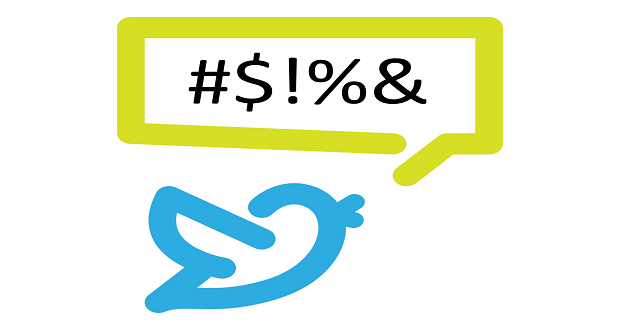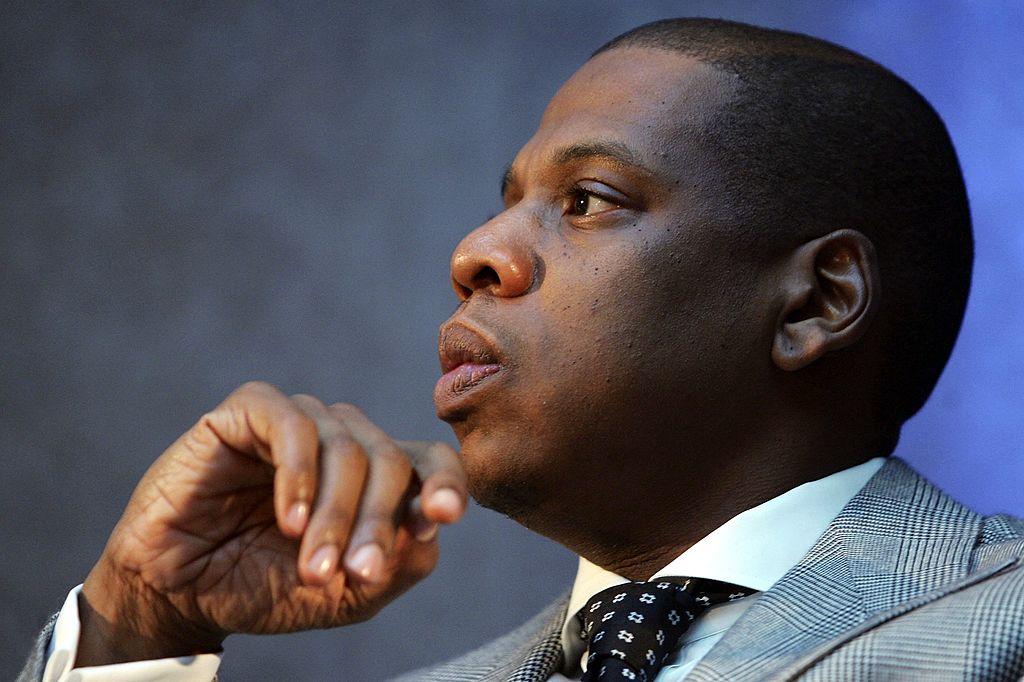“Well, our culture is based on a system of merit…The right people with the right skills get the job, here.”
These were the ‘profound, wise’ words [sarcasm] shared with me by a white, male executive at a former organization. He shared these sentiments after I responded to his questions around what my job was at the time, and what it meant to be ‘working in diversity.’ My answer was something along the lines of “developing programs that ensure we have a diverse workforce” and “creating an environment where employees from different backgrounds feel included and valued.” He went on to defend the culture of meritocracy that existed within the organization (based on his experience), and recommended we focus more on people’s skills than their differences.
His response wasn’t necessarily surprising. It was a trigger for me, though. While the interaction was short, and perhaps well-intentioned, the subtle invalidation of my role and my contribution could be likened to a paper cut—quick and small, but sharp and painful. It was those ongoing ‘paper cuts,’ that made corporate culture most challenging for me. As a practitioner in this field, you’re encouraged (perhaps even required) to bring your whole self (use of self) in order to affect change and bring others along. As a black, millennial, woman in mostly white spaces, that took its toll.
When your lived experiences and truths drive your sense of urgency in pursuing this work and actualizing equity in the workplace, it can be challenging to thrive in environments where ‘corporate speak’ and the false sense of meritocracy become a perpetual barrier by undermining those experiences.
While aspiring to become an organization that values merit as a principle and in practice is noble, it’s impact can be detrimental to progress. The assumption and prescription to the myth that everyone is treated the same based on their skills (equality) can hamper the organization’s and leadership’s capacity to be critical of the systems, policies, and practices that might need to be changed in order for everyone to fully experience a fair and inclusive work culture (equity). It also undermines the human nature of bias (conscious and unconscious), the impact of microaggressions, and the role of our identities in how we experience the workplace differently.
Sentiments like “Let’s just focus on the skills,” and “We hire the best person for the job” in response to arguments for diversity, can send the message that diversity doesn’t exist here, because people from diverse backgrounds (ie. People of color) do not have the skills, cannot do the work. Data, studies, and surveys have proven this not to be true. If left unchecked, this way of thinking shifts responsibility in affecting change from those who have the power and influence to do something about it, to those who historically have not. And we cannot fully achieve equity and inclusion this way.
A few weeks ago, one of our consultants shared an essay that emphasized the significance of language—differentiating diversity and inclusion from equity and justice—when pursuing systemic change on college campuses. The author posits that “By substituting diversity and inclusion rhetoric for transformative efforts to promote equity and justice, colleges have avoided recognizable institutional change.” They go on to provide some compelling examples:
Diversity asks, “Who’s in the room?” Equity responds: “Who is trying to get in the room but can’t? Whose presence in the room is under constant threat of erasure?”
Inclusion asks, “Has everyone’s ideas been heard?” Justice responds, “Whose ideas won’t be taken as seriously because they aren’t in the majority?”
Diversity asks, “How many more of [pick any minoritized identity] group do we have this year than last?” Equity responds, “What conditions have we created that maintain certain groups as the perpetual majority here?”
Inclusion asks, “Is this environment safe for everyone to feel like they belong?” Justice challenges, “Whose safety is being sacrificed and minimized to allow others to be comfortable maintaining dehumanizing views?”
Similarly, there is opportunity for us to consider these same questions and differentiations in the context of equity vs. equality in corporate spaces.
Equality says, “Everyone is treated the same here.” Equity challenges and acts, “What policies, systems, and practices must be addressed or dismantled in order for everyone to be treated fairly? Challenging and acting on these questions can’t happen if we’re distracted by this veil of meritocracy.




















Mary Frances and others,
I really appreciate these posts and writings you submit. Even though I know some things, it’s still maddening and hurtful to read about how a simple act of trying to buy a dog can have such repercussions.
What is true is there are two different worlds. One for people of color and one for white people. I got into a heated argument one time with a white pastor about this. He told me we live in one world.
While we may be on the same planet I think there are two different worlds. Your story reinforces that.
However if we strive to be inclusive difference makers we keep on trucking.
Our mission at Hanamura Consulting is: Celebrate oneness.
This means helping all people reach their full potential.
Take care and keep up the good work
Steve
My name is Derrick Clay. I work at an automobile manufacturer within MS. I lead the African American BPG within that organization. I was wondering if Brittany Harris is available for speaking engagements. The article speaks directly to an internal challenge we are having (as well as other large organizations) and I believe our upper management could benefit from the insight. Please contact me with details regarding speaking engagements.
“These were the ‘profound, wise’ words [sarcasm] shared with me by a white, male executive at a former organization.”
Why are you making judgements about him based on his race and sex? If judgements were made about say a black woman like yourself I’m sure that’d be seen as racist and sexist. Surely the goal should be to transcend arbitrary notions of race and gender rather than perpetuating them.
“His response wasn’t necessarily surprising. It was a trigger for me, though. While the interaction was short, and perhaps well-intentioned, the subtle invalidation of my role and my contribution could be likened to a paper cut—quick and small, but sharp and painful. As a practitioner in this field, you’re encouraged (perhaps even required) to bring your whole self (use of self) in order to affect change and bring others along. As a black, millennial, woman in mostly white spaces, that took its toll.”
This is full of hyperbolic dramatisations to invoke a sense of victimhood in your narrative with the misuse of psychological terms like “trigger”. You were faced with a differing opinion which you should hear and engage with. That’s the problem in today’s world of political polarisation. Too many people are living in echo chambers. If you’re against meritocracy which is a valid position then lay out the facts and posit your point of view. Invoking your feelings just serves as a logical fallacy.
“It also undermines the human nature of bias (conscious and unconscious), the impact of microaggressions, and the role of our identities in how we experience the workplace differently.”
Well everyone expresses bias just like you have throughout this article towards a person who is white, male and (possibly) conservative. There are no problems with “microagressions” because they’re micro meaning they’re next to invisible. Anything that somebody could (mis)interpret as upsetting can be labelled as a “microagression”. It’s a complete farce. Identity politics serves nothing more than box people into different identities before anything else and obsess over them.
You state throughout the article that you’re against meritocracy. If that’s the case then how did you manage to get to where you are? Obviously you have the education, skills and work ethic to do that (and kudos to you for that). You’re also Vice President of Innovation and Learning at The Winters Group. Obviously you required a certain amount of merit to get to where you are surely.
Hi Daniel,
We are not against meritocracy.
This post affirms that, based on some of our experiences, ‘meritocracy’ is often time a myth or veil that makes it difficult for organizations to use a critical lens when examining if their processes and culture support creating an equitable, inclusive environment.
This post is a reflection of my truth and experiences. Thank you for reading.